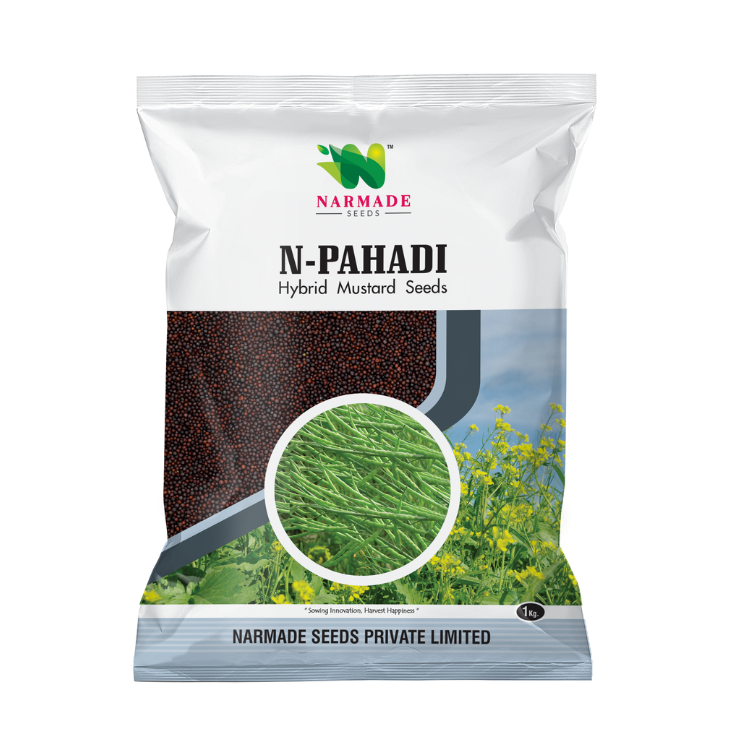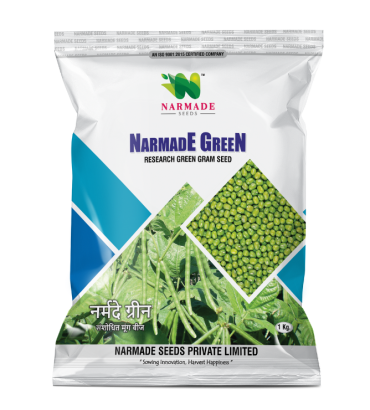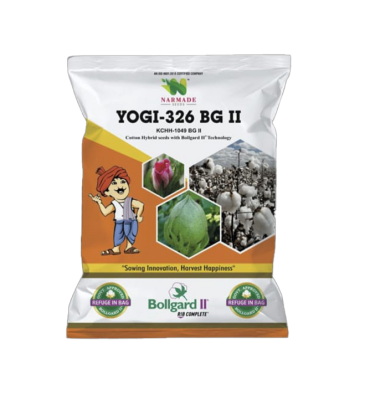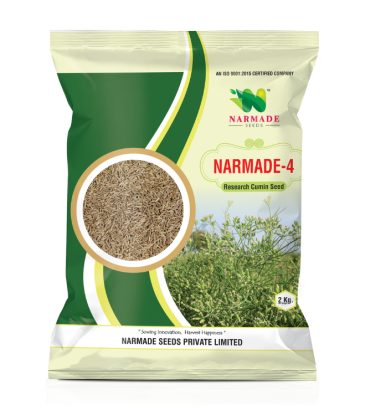Here are key points about hybrid mustard seeds:
1. Hybridization Process:
- Hybrid mustard seeds are created by cross-pollinating two distinct parent plants with specific traits.
- The goal is to combine the desired features of each parent to produce a new mustard variety with improved characteristics.
2. Improved Traits:
- Hybrid mustard varieties are often developed to enhance traits such as yield, oil content, disease resistance, and adaptability to different environmental conditions.
- These improvements aim to address challenges faced by mustard farmers and improve overall crop performance.
3. Increased Yield:
- One of the primary goals of developing hybrid mustard seeds is to achieve higher yields compared to traditional or non-hybrid varieties.
- Increased productivity contributes to food security and economic benefits for farmers.
4. Disease Resistance:
- Hybrid mustard varieties may possess enhanced resistance to certain diseases and pests, reducing the need for chemical pesticides.
- This can lead to more sustainable and environmentally friendly agricultural practices.
5. Adaptability:
- Hybrid mustard seeds are often bred to be adaptable to a range of climatic conditions and soil types.
- This adaptability increases the potential geographic range for mustard cultivation.
6. Agronomic Practices:
- Farmers cultivating hybrid mustard seeds typically follow recommended agronomic practices, including proper planting techniques, irrigation, and fertilization.
7. Varietal Selection:
- Different agricultural regions may have specific hybrid mustard varieties suited to their local conditions.
- Farmers may select hybrid seeds based on factors such as climate, soil type, and intended use (oil extraction or culinary purposes).
8. Commercial Availability:
- Hybrid mustard seeds are often commercially available through seed companies and agricultural suppliers.
- Farmers can purchase these seeds for cultivation in their fields.
9. Regulatory Approval:
- The development and release of hybrid mustard varieties may be subject to regulatory approval in some regions to ensure safety and adherence to agricultural standards.







There are no reviews yet.